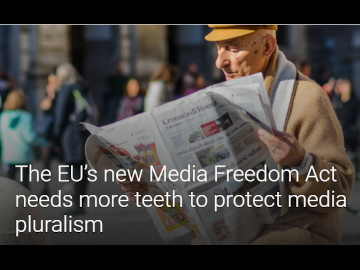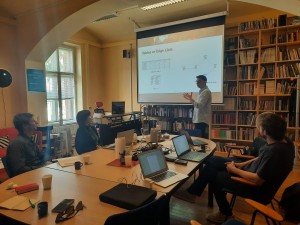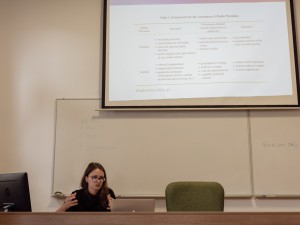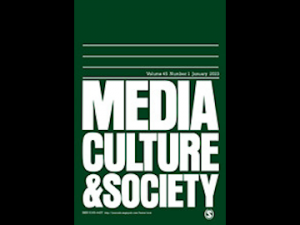World Press Freedom Day: Appeal for a unified EU database on media ownership
6. 5. 2024 | Media

Acknowledging the UN World Press Freedom Day, which is on May 3rd, we want to share a recent blog post written by our colleagues from the international project Populist backlash and democratic backsliding (Popback). Accompanying the adoption of the Media Freedom Act in the European Parliament, our colleagues-researchers emphasise the need to establish an EU-wide database on media ownership.
Gerhard Schnyder, Fanni Toth and Marlene Radl appeal in their LSE blog post to the European and national authorities to provide the research community with all necessary financial, technical, human and other research resources to design, create and support a publicly accessible EU-wide database on media ownership. The authors argue that the Media Freedom Act will become a toothless “paper tiger” if the basic infrastructural conditions that would enable continuous examination of media ownership at the European level are not met. In their contribution to the debate, they share their research experiences from an empirical analysis of media ownership in five European countries (Austria, Croatia, Hungary, Slovenia and Turkey). In particular, they highlight the obstacles that researchers face in analysing complex ownership networks of interconnected companies and kinship relationships due to the use of inadequate and outdated national databases. Against the backdrop of eroding pluralism in national media sectors, the authors point to the danger of a homogenising propaganda discourse that reproduces its messages through a system of numerous media channels whose ownership relationships lead to a very small number of individuals or families. Media ownership networks often transcend the level of the nation-state and operate internationally: as intertwined transnational media conglomerates (United Media Group, PPF Group, etc.) or as consolidated media systems of political-economic regimes (e.g. Kesma in Hungary). This is the dangerous context in which authoritarian-populists when in power, undermine the foundations of the public sphere, restrict access to important and critical information and suppress the expression of critical public opinion. A systematically newly created international database that would allow an accurate network analysis of the links between media owners would help us to combat these tendencies and achieve the necessary transparency of media ownership.




